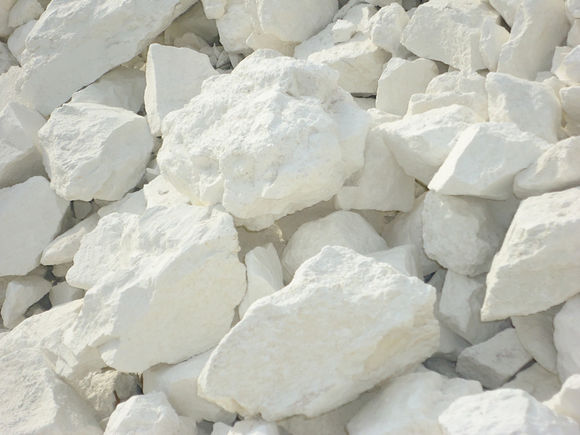
powder zeolite
The Role of Powdered Zeolite in Modern Applications
In recent years, powdered zeolite has garnered significant attention across various industries due to its remarkable properties and versatility. Zeolites are natural or synthetic aluminosilicate minerals that possess a unique crystalline structure, allowing them to absorb molecules while filtering out impurities. This quality, combined with their lightweight porous form, makes powdered zeolite an ideal candidate for numerous applications ranging from environmental remediation to agriculture and healthcare.
Environmental Applications
One of the most notable applications of powdered zeolite is in environmental remediation. Its structure allows it to trap heavy metals, ammonia, and other pollutants, making it a valuable agent for treating waste and purifying water. Zeolites can effectively reduce the concentration of harmful substances in contaminated water sources, thus playing a critical role in environmental clean-up efforts. For instance, in wastewater treatment plants, powdered zeolite is used as a filtration medium to remove toxic elements, contributing to cleaner waterways.
Moreover, zeolite’s ability to exchange ions helps in controlling odors, especially in landfills and animal waste management systems. It can absorb volatile organic compounds (VOCs) and other odor-causing substances, resulting in a more pleasant environment and reducing the impact of waste management on neighboring communities.
Agricultural Benefits
In agriculture, powdered zeolite is increasingly recognized for its ability to enhance soil quality and boost plant growth. Its porous nature allows it to retain moisture and nutrients, making them available to plants precisely when needed. This leads to improved crop yields and reduced need for chemical fertilizers, ultimately promoting more sustainable agriculture.
powder zeolite

Zeolite can also help in improving soil structure. It enhances aeration and drainage, thereby contributing to healthier root systems. Furthermore, its cation exchange capacity (CEC) allows it to bind essential nutrients, effectively reducing nutrient leaching and ensuring that the soil remains fertile for longer periods. Farmers who adopt zeolite can often see a significant reduction in water and fertilizer use, translating into long-term cost savings.
Health and Personal Care
Beyond environmental and agricultural applications, powdered zeolite is making inroads into health and personal care products. Often promoted as a detoxifying agent, zeolite is purported to bind to toxins in the body, aiding in their removal. Although scientific studies are still ongoing, many consumers use zeolitic supplements in the belief that they can support overall health and well-being.
In personal care, zeolite's absorbent properties make it an ideal ingredient in skincare products. It helps in drawing out impurities and excess oils from the skin, which can be beneficial for those suffering from acne or oily skin. Products containing powdered zeolite are increasingly being formulated to provide deep cleansing benefits, thus appealing to health-conscious consumers looking for natural solutions.
Conclusion
The versatility of powdered zeolite is undeniable. Its unique properties—ranging from pollutant adsorption to moisture retention—make it a valuable resource across multiple sectors. As industries pivot toward more sustainable practices, the role of powdered zeolite in reducing environmental impact, improving agricultural efficiencies, and even enhancing personal health is likely to expand.
Continued research into the capabilities and new applications of powdered zeolite will ensure its place in future innovations. Whether in addressing environmental issues, boosting agricultural productivity, or enhancing personal care products, powdered zeolite stands as a testament to nature's ability to provide solutions for modern challenges. As we advance, it’s clear that this mineral will play a significant role in shaping a more sustainable and healthier future.
Share
-
Premium Pigment Supplier Custom Solutions & Bulk OrdersNewsMay.30,2025
-
Top China Slag Fly Ash Manufacturer OEM Factory SolutionsNewsMay.30,2025
-
Natural Lava Rock & Pumice for Landscaping Durable Volcanic SolutionsNewsMay.30,2025
-
Custom Micro Silica Fume Powder Manufacturers High-Purity SolutionsNewsMay.29,2025
-
Custom Mica Powder Pigment Manufacturers Vibrant Colors & Bulk OrdersNewsMay.29,2025
-
Custom Micro Silica Fume Powder Manufacturers Premium QualityNewsMay.29,2025






